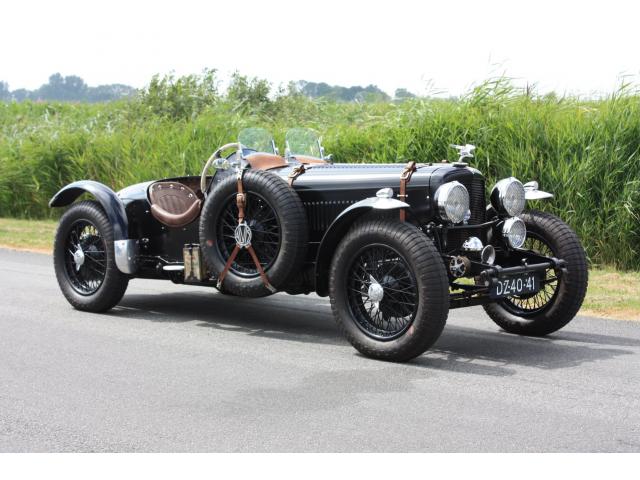1938 Alvis 12/70 special
- Brand: Alvis
1938 Alvis 12/70 special
Conventional yet well-engineered, the four-cylinder, sidevalve-engined 10/30 was unusual among contemporary light cars in having a four-speed gearbox. Beginning in 1922 and using the 10/30 as a starting point, newly appointed Chief Engineer Captain G.T. Smith-Clarke and Chief Designer W.M. Dunn created the car that effectively established Alvis' reputation - the immortal 12/50. The latter was powered by a new overhead-valve, 1,460cc engine. On its competition debut at Brooklands in 1923, it secured a legendary victory in the premiere 200-Mile event crewed by Harvey/Tattershall.
Despite the enormous success of the 12/50 and its derivatives, Alvis switched to an all six-cylinder range in 1936 and would not offer another four-cylinder power plant until the autumn of 1937, when the 12/70 was introduced for the 1938 season. Autocar remarked on the newcomer's smoothness of running, added refinement and lively performance from the 1,842cc engine, which was now rubber mounted, recording a highly respectable 81.82mph at Brooklands in their Hugh Anderson-bodied 12/70 tourer. The 12/70 was produced up to 1940, re-emerging post-war as the TA14.
Resembling the looks and driving characteristics of the sporting British motorcars that competed internationally in the 1920s and 1930s
Descriptions & pictures by bonhams & flickr & juricastricum
| Specification | |
| Production Start | 1938 |
| Country of origin | Great Britain |





































